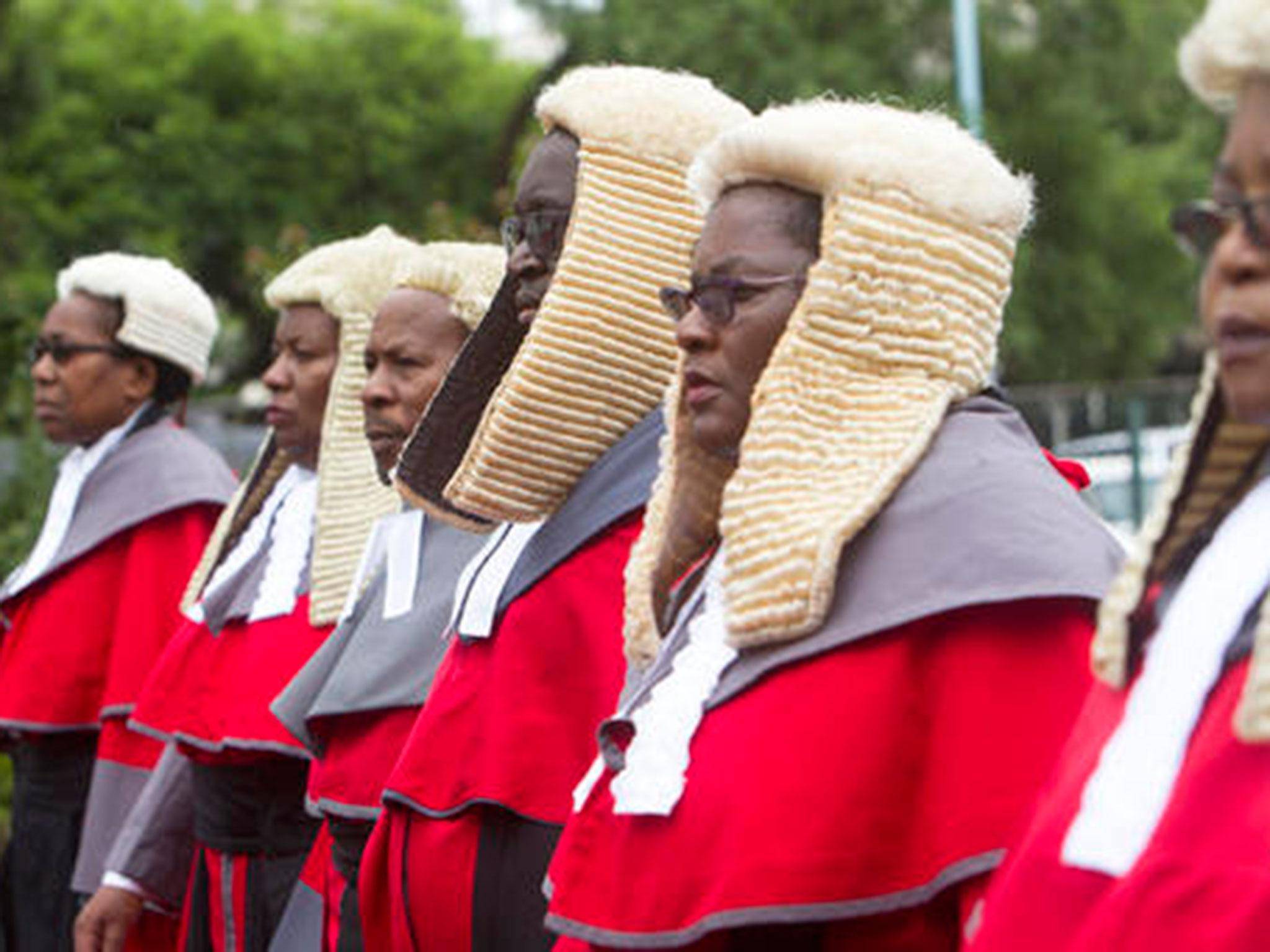Comments and Issues
Wigs off as Britain ends courtroom tradition says


 Football1 day ago
Football1 day agoGuardiola advised to take further action against De Bruyne and Haaland after both players ‘abandoned’ crucial game

 Business1 week ago
Business1 week agoDollar crashes further against Naira at parallel market

 Business7 days ago
Business7 days agoRecapitalisation: Zenith Bank to raise funds in international capital market

 Education1 week ago
Education1 week agoArmy reveals date for COAS 2024 first quarter conference

 Crime1 week ago
Crime1 week agoFleeing driver injures two on Lagos-Badagry expressway

 Covid-191 week ago
Covid-191 week agoBritish legislator demands Bill Gates, other ‘COVID Cabal’ faces death penalty

 Business1 week ago
Business1 week agoZenith Bank surpasses N2trn earnings milestone

 Latest5 days ago
Latest5 days agoIsrael pounds Hezbollah with airstrikes after Iran attack





